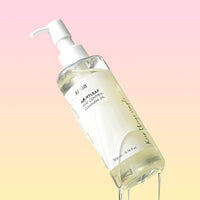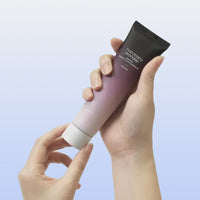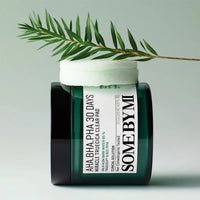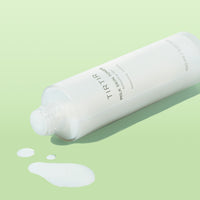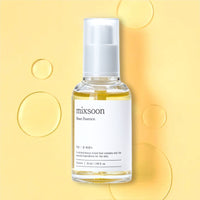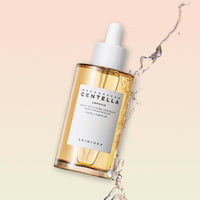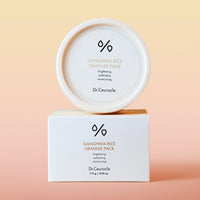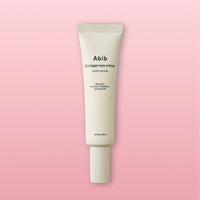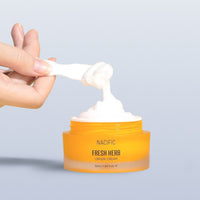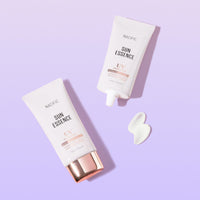Your bag is empty
SUNCREAM
Suncreams are an essential part of your daytime skincare routine. They protect your skin from harmful UVA, UVB, and blue light that can accelerate aging, deepen wrinkles, and cause sunburns. Make sure you wear your sun cream daily, even when you are indoors or it is not sunny outside, as the rays still penetrate through clouds and windows!
67 results






 Subscription box
Subscription box 


















